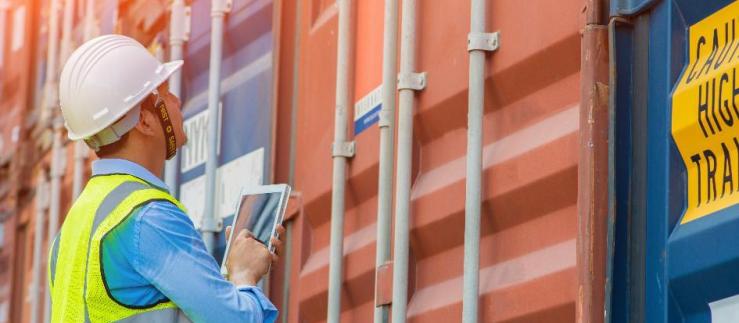Alfonso Orlando, the World Trade Organization has allowed the US to impose punitive tariffs worth 7.5 billion dollar on EU exports. The aircraft industry is affected among others. What does this mean for Switzerland?
In general, Swiss companies are strongly integrated into international value chains, which can now be a disadvantage both for the Swiss aircraft industry and for other industries. When Swiss companies supply aircraft parts produced in the EU to the USA, they are also affected by the tariffs. This also applies when Swiss companies in the USA have final assemblies of their products made with materials or semi-finished products from the EU.
The new US tariffs against the European Union are expected to apply from 18 October 2019. In addition to the aircraft industry, products such as cheese are also affected. Does this mark the end of Swiss cheese in the USA?
The USA has published a detailed list of products that are affected by the latest punitive tariffs. In addition to the aircraft industry, textiles, books, coffee, meat or even cheese are also listed. In fact, Emmental and Gruyère cheese are also explicitly mentioned there. But the same thing applies: in this case, customs duties only apply if the cheese is exported from certain EU countries, but not if it is produced in Switzerland and shipped from here to the USA.
Which EU products are specifically affected? Check your product with the HS-Code here.
As a company, how can I prove that my product is a Swiss product when I export it to the USA?
The official method is the certificate of origin, which is issued by the cantonal chambers of commerce. We recommend to only present the certificate of origin at the buyer’s request or to clarify in advance with the buyer whether a certificate of origin is required to import the goods in question. Alternatively, a reference to the designation of origin (e.g. "Country of Origin Switzerland") on a commercial document such as a commercial invoice could already suffice.






